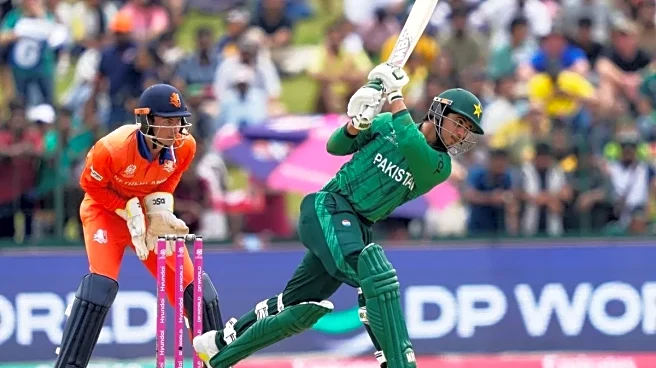What is the story about?
Oil steadied after a two-day advance after OPEC+ agreed on a modest supply quota increase, with traders also parsing signals from lower-than-expected Saudi prices.
Brent crude traded above $65 a barrel after a 1.5% gain on Monday, with West Texas Intermediate near $62. OPEC and allies including Russia decided at the weekend on a 137,000-barrel-a-day increment, while de-facto leader Saudi Arabia kept the price of its main grade to Asia unchanged in a sign of caution, surprising traders who had expected an increase.
Crude posted back-to-back losses in August and September, hurt by concerns over an impending surplus. OPEC+ has been ramping up output for months in a bid to reclaim market share, while rival drillers from the Americas have also been raising production. Traders are also watching Ukrainian attacks on Russian energy infrastructure in case it hampers supplies.
Brent’s futures curve, meanwhile, reflects a softening of conditions. The prompt spread — the difference between the two nearest contracts — has narrowed to a 40-cent-a-barrel premium. That’s down from 66 cents a fortnight ago, suggesting the market has priced in looser near-term balances.
Also Read: Japanese shares rally at open, gold nears $4,000
Brent crude traded above $65 a barrel after a 1.5% gain on Monday, with West Texas Intermediate near $62. OPEC and allies including Russia decided at the weekend on a 137,000-barrel-a-day increment, while de-facto leader Saudi Arabia kept the price of its main grade to Asia unchanged in a sign of caution, surprising traders who had expected an increase.
Crude posted back-to-back losses in August and September, hurt by concerns over an impending surplus. OPEC+ has been ramping up output for months in a bid to reclaim market share, while rival drillers from the Americas have also been raising production. Traders are also watching Ukrainian attacks on Russian energy infrastructure in case it hampers supplies.
Brent’s futures curve, meanwhile, reflects a softening of conditions. The prompt spread — the difference between the two nearest contracts — has narrowed to a 40-cent-a-barrel premium. That’s down from 66 cents a fortnight ago, suggesting the market has priced in looser near-term balances.
Also Read: Japanese shares rally at open, gold nears $4,000
/images/ppid_59c68470-image-175980005523818903.webp)




/images/ppid_59c68470-image-177068768683725044.webp)
/images/ppid_59c68470-image-177068754309129213.webp)
/images/ppid_59c68470-image-177068773220034130.webp)
/images/ppid_59c68470-image-177068778557690523.webp)
/images/ppid_59c68470-image-177068760218448786.webp)


/images/ppid_59c68470-image-177068503852327487.webp)
/images/ppid_59c68470-image-177068508630990142.webp)

